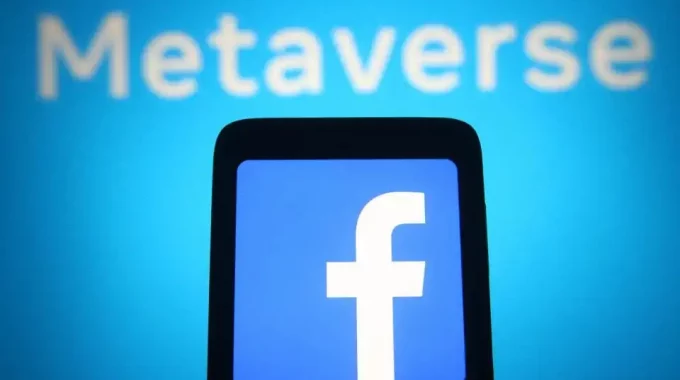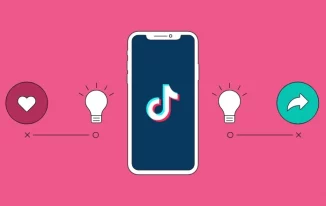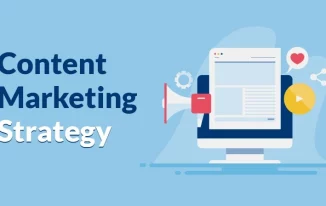Facebook rapidly changed its long-term vision by changing its name to Meta. The term metaverse has become viral ever since the announcement. Before going into details of how the metaverse can shape the future of digital experience marketing, you should know what metaverse is.
The metaverse can be described as a virtual world based on the internet and enjoyed with the help of Virtual Reality and Augmented Reality headsets. The concept has become trending now, but the truth is that it existed long before Facebook decided to use it.
It originates from the 1992 science fiction novel Snow Crash, and after that, many games have used the concept. Some examples can be Roblox and Second Life.
Overall, a metaverse helps people form social connections in a virtual world. Meta plans to make the virtual world a part of its social media ecosystem. However, the question is, how easy will it be for Meta to do the same?
Facebook Metaverse may become a reality because the company owns Oculus VR, a highly popular brand with gamers. They have the resources, the workforce, and the technology to make it happen.
Even though the dream will not be realized instantly, it may take a decade for the vision to be realized. The vision behind the Metaverse is to make the time you spend online more meaningful. They want to make it possible to do anything online, from playing to shopping.
This creates an opportunity for other brands to place themselves in the metaverse and may create multiple opportunities for entrepreneurs. If this mission to transform Facebook into a metaverse takes off, people’s lives will become more integrated with what they do on the internet.
However, people are still sceptical if this was the right choice for a company like Facebook to make. The main reason is that no one knows if a demand for a metaverse is there or not. Many games out there have a virtual world, but what can Meta do that is different?
Part of the idea sounds like it is just going blindly after the virtual world concept. However, Facebook’s track record of researching and implementing ideas is brilliant. So people can give the corporation benefit of the doubt.
Different Visions
Not every player in Silicon Valley is hyped up about virtual worlds. Apple’s Mark Gurman said they do not envision their company’s future in making products that take people out of the real world.
They are more interested in developing AR products like Google Glass. Each company is placing a bid, and only time will tell which company was right.
Challenges for the Metaverse
The problem with Facebook Metaverse is that even now, people face many stalkers on the app daily. But if it is a metaverse, someone can just get in your face without you wanting it. Another problem is that Meta has not convinced many of its users that it can keep their data secure.
After the Facebook- Cambridge Analytica data scandal, people need time to trust the company again. If people start participating in Metaverse and their privacy is breached, that could do serious harm. These are a few challenges that experts at Meta need to take care of immediately.
Metaverse and the future of marketing
Meta is the leader in social media, and brands have always used it to promote their products. This move to a metaverse will only make brands think about how to take advantage of the change.
With the full launch of the metaverse, people may spend more time in the virtual world, which means they will be able to experience brands. Most organizations are already changing their marketing plans to stay in tune with the changes in Facebook.
Millennials and Gen Z are most excited about this transition. So brands whose target audience is millennials and gen Z should try to envision how they will market themselves in the future.
Brands have used metaverse technology to create stunning virtual experiences and increase brand recognition. The brand Vans collaborated with Roblox to create a virtual skate park where users could have a fun time and buy Vans products. If Meta can execute their idea, such virtual experiences will happen frequently.
Metaverse technology blurs the line between reality and virtual reality. People can buy virtual items in the metaverse. These products will only be useful in the metaverse. GUCCI sold a virtual version of their bag on Roblox for more than $4100.
If the Facebook Metaverse is a success, it will change how most brands advertise on social media. Brands must think of a creative way to get their marketing message out in a virtual world.





